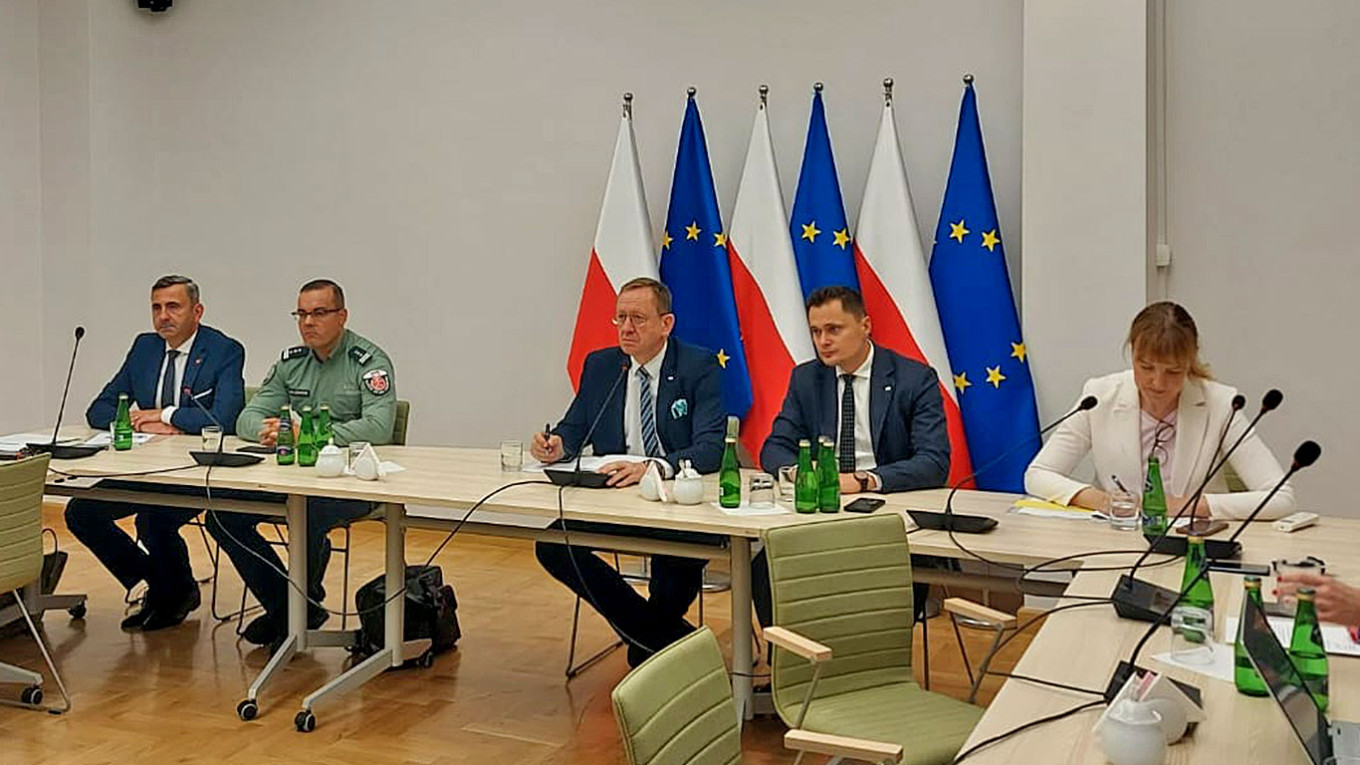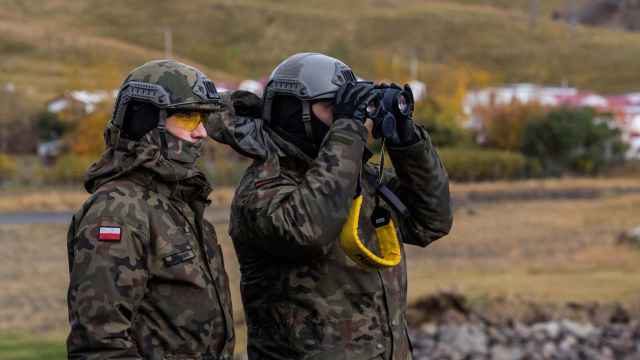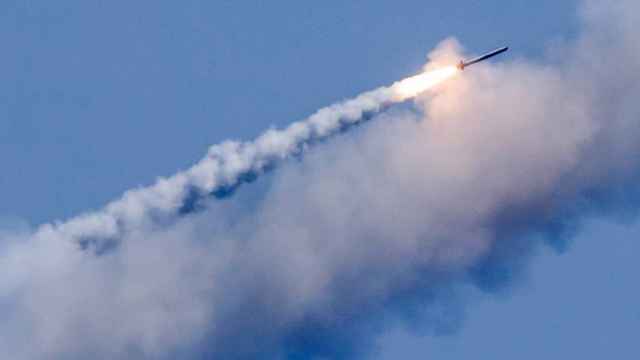Warsaw and Kyiv announced on Tuesday they had agreed to speed up the transit of Ukrainian cereal exports through Poland to third countries, a first step in resolving their "grain war."
The three-nation agreement between Poland, Ukraine and Lithuania means that Ukrainian grain exports — destined for markets in Africa and the Middle East in particular — will be taken directly through Poland instead of first being checked at the Poland-Ukraine border.
"From tomorrow, grains that transit (to world markets) via Lithuania will undergo checks at a Lithuanian port and not at the Poland-Ukraine border," Polish Agriculture Minister Robert Telus told journalists.
After Russia's invasion prevented Ukraine from using its traditional Black Sea routes to export grain to world markets, the crops were sent by land through the European Union.
But because of logistical issues, grain began piling up in EU states neighboring Ukraine and driving down local prices.
Brussels allowed several countries to impose a temporary embargo on Ukrainian grains.
But when it ended those restrictions, Poland, Hungary and Slovakia extended the ban, causing a diplomatic spat between Kyiv and its allies.
A Message from The Moscow Times:
Dear readers,
We are facing unprecedented challenges. Russia's Prosecutor General's Office has designated The Moscow Times as an "undesirable" organization, criminalizing our work and putting our staff at risk of prosecution. This follows our earlier unjust labeling as a "foreign agent."
These actions are direct attempts to silence independent journalism in Russia. The authorities claim our work "discredits the decisions of the Russian leadership." We see things differently: we strive to provide accurate, unbiased reporting on Russia.
We, the journalists of The Moscow Times, refuse to be silenced. But to continue our work, we need your help.
Your support, no matter how small, makes a world of difference. If you can, please support us monthly starting from just $2. It's quick to set up, and every contribution makes a significant impact.
By supporting The Moscow Times, you're defending open, independent journalism in the face of repression. Thank you for standing with us.
Remind me later.






